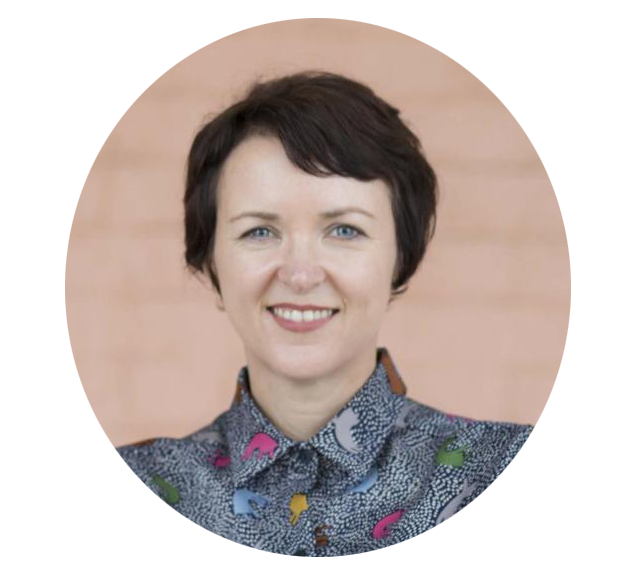NAMLE has started an international research initiative to assess to assess the current state of media literacy education. The increased changes in technology, industries and communication has caused media literacy to become a necessary skill for today’s society. The project, funded by Facebook, is centered around the United States and Australia. Sherri Hope Culver is the project manager for the endeavor.
The United States
The United States team, led by Dr. Paul Mihaildis of Emmerson College, has created an “ecosystem approach” for understanding impactful media literacy. This is composed of three actions:
- Conduct a systematic literature review and meta-analysis of media literacy research in the United States.
- Identify common practices and means of assessment and map them across different educational settings.
- Create an evaluation tool that helps media literacy educators identify and report on the impact of their work.

Dr. Paul Mihaildis: Associate professor and graduate program director of media design, Emerson College
The team has created The Mapping Impactful Media Literacy Project to explore their research, where one of the key ideas will be centered around exploring the needs of communities and youth at the margins of society. There remains a gap in how impactful media literacy are defined. In a time where media literacy are central to society it is vital that all communities have robust opportunities to for more inclusive futures.
Australia

Dr. Tanya Notley: Senior lecturer, School of Humanities and Communication Arts and Institute for Culture and Society, Western Sydney University.
The Australian team, headed by Dr. Tanya Notley of Western Sydney University, seeks to address information on gaps relating to the media literacy values, practices and needs of Australian citizens. It will build on recent research by the Investigators which focused on young Australians and media literacy, to ask questions about media literacy in the broader society.
Their goals include:
- Conduct Australia’s first nationally representative media literacy survey.
- Co-design of a national media literacy framework and strategy.
- Improve understanding of the specific media literacy needs and experiences of groups with specific media needs.
